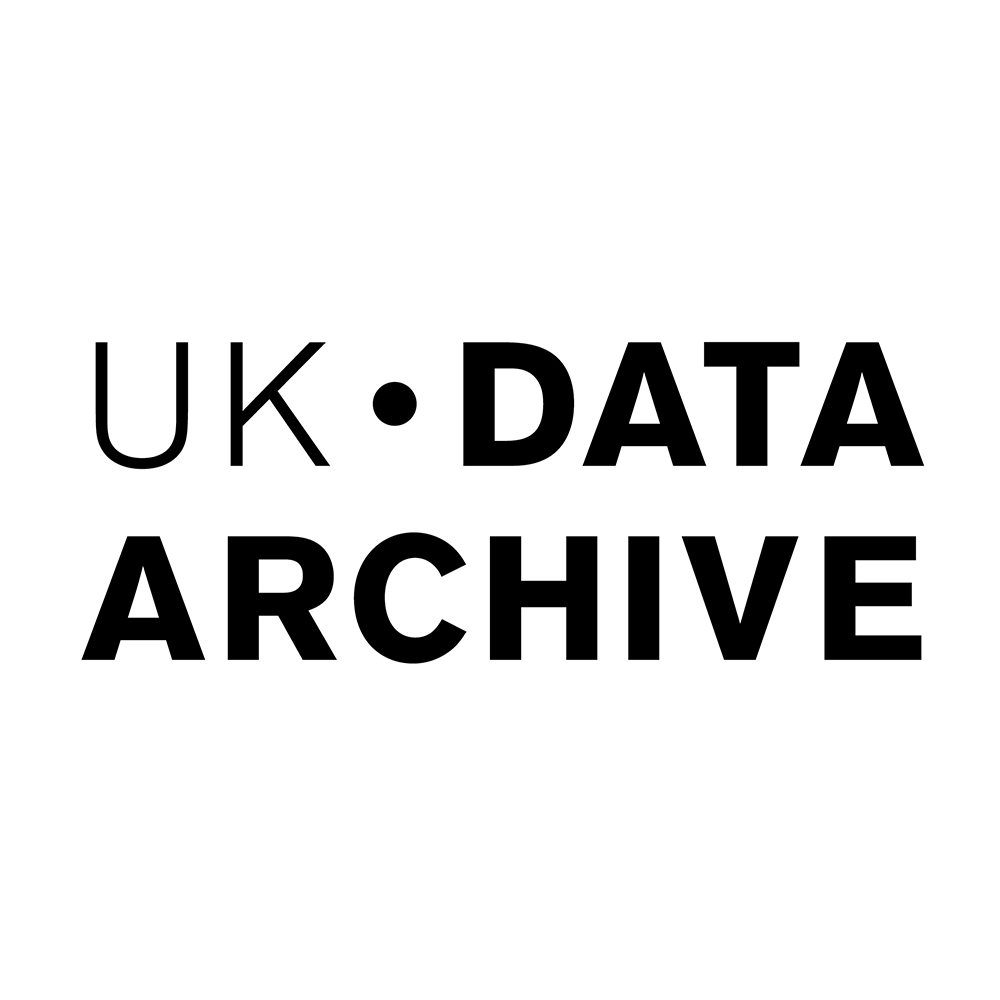Persistent identifiers
Where possible, we support the adoption of robust and persistent identifiers.
We use DataCite DOIs for persistent data citation - DataCite is a widely adopted service providing DOIs for data that also specifies a level of minimum metadata in order to create a new DOI. See our citation approach.
We aim to support agreed standardised identifiers.
- We use ORCID in our self-deposit repository and will soon be introducing it for all depositors
- We have contributed to the Jisc-CASRAI OrgId Working Group, which is working on a recommended organisational identifier standard
- We plan to use other emerging standards, like FundRef, the agreed standardised way to report funding sources
Pioneering methods
We have pioneered methodologies for versioning DOIs and micro-level citation.
We have developed a robust approach to data citation, launching DataCite Digital Object Identifiers (DOIs) for all of our in-house data collections in 2012. Our data are held as 'collections' which correspond to studies, a unique piece of fieldwork, or from data compilation, such as a digitisation project. Examples include cross-sectional surveys, longitudinal surveys over time, qualitative research projects that yield sets of interviews and images, or a historical database. Thus we deal with over 6,500 curated collections of numeric, structured, and unstructured text, as well as some multimedia files. The DOIs represent the metadata record for the most current version of the data collection. As UK Federation authentication is required for most data, a DOI directly to the data is not possible.
In addition to the collection-level DOI, we also enable citation of subsets from our data accessed via our online data browsing systems. These systems enable direct search, browsing and graphing of data held on servers, with some data requiring authentication.
- QualiBank for qualitative data allows paragraph-level citation
- Nesstar, our survey browser, enables table and subset citation
- UKDS.Stat for our international aggregate databanks allows table citation
See the following specialists areas for more information:



